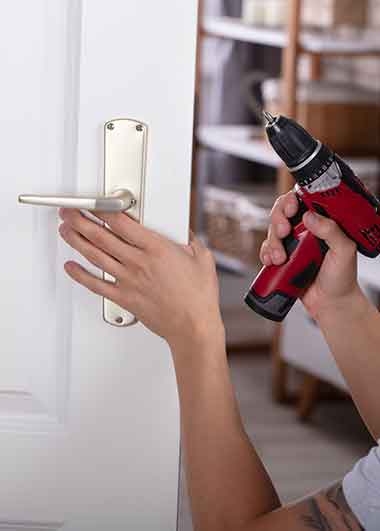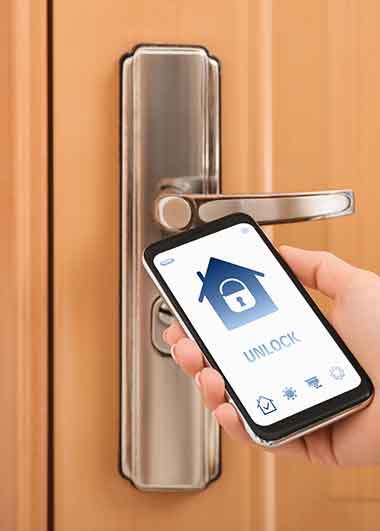Glenview Locksmith
A Mobile Locksmith Company
Call Today: (224) 577-1862

Locks are the guardians of our security, protecting our homes, businesses, and valuable possessions. However, like any mechanical device, locks require regular maintenance to ensure optimal performance and longevity. In this article, we will explore the significance of lock maintenance, its benefits, and practical tips for keeping locks in excellent working condition.
Locks are subjected to daily wear and tear, exposure to weather elements, and the accumulation of dust and debris. Over time, these factors can compromise the functionality and security of locks. Regular lock maintenance is crucial to address these issues and prevent potential lock failures, break-ins, or inconvenient lockouts. By taking proactive measures to maintain locks, you can extend their lifespan, save money on repairs, and enhance overall security.
a. Improved Performance: Regular maintenance keeps locks operating smoothly. Lubricating moving parts and cleaning out debris ensures that the lock functions correctly, preventing key jams, sticking, or difficulty in turning the key.
b. Enhanced Security: Well-maintained locks provide optimal security. By addressing any loose screws, worn components, or signs of damage, you can reinforce the lock’s strength, making it harder for potential intruders to compromise.
c. Prevention of Break-Ins: Neglected locks are more susceptible to forced entry. By regularly inspecting and maintaining locks, you can identify and address any vulnerabilities, such as loose strike plates or damaged lock cylinders, reducing the risk of break-ins.
d. Cost Savings: Regular lock maintenance can save you money in the long run. By detecting and fixing minor issues early on, you can prevent more significant problems that may require costly repairs or lock replacements.

a. Cleaning: Regularly clean the lock and keyholes using a soft brush or compressed air. This helps remove dirt, dust, and debris that can interfere with the lock’s operation. Avoid using harsh chemicals or excessive moisture, as they may damage the lock’s internal components.
b. Lubrication: Apply a small amount of graphite or silicone-based lubricant to the lock’s keyway and moving parts. This lubrication reduces friction, allowing the key to turn smoothly and preventing wear on the lock mechanism. Be cautious not to over-lubricate, as excess lubricant can attract more dirt and debris.
c. Tighten Loose Screws: Check for any loose screws on the lock and door hardware. Tighten them appropriately to ensure that the lock is securely attached to the door, preventing any potential wiggling or misalignment.
d. Test and Inspect: Periodically test your locks to ensure they are functioning correctly. Insert and turn the key, ensuring it operates smoothly without resistance. Check the alignment of the lock’s strike plate and latch, ensuring they engage properly when the door is closed.
e. Replace Worn or Damaged Parts: If you notice signs of significant wear, such as a key that doesn’t turn smoothly or a lock cylinder that feels loose, consider replacing the affected components. Consult a professional locksmith if needed to ensure proper installation and compatibility.
f. Weatherproofing: Protect your locks from harsh weather conditions by installing weatherstripping or a protective cover. This helps prevent moisture, rust, and other weather-related damage.
g. Key Maintenance: Take care of your keys as well. Avoid placing excessive weight or strain on keys, and avoid using bent or damaged keys, as they can cause damage to the lock mechanism.
In some cases, lock maintenance may require the expertise of a professional locksmith. A locksmith can perform in-depth inspections, identify hidden issues, and recommend appropriate solutions. Additionally, locksmiths have the knowledge and tools to repair or replace locks efficiently and effectively.
Lock maintenance is a crucial aspect of maintaining a secure environment. By regularly cleaning, lubricating, testing, and inspecting locks, you can ensure their proper functioning, enhance security, and extend their lifespan. Implementing practical lock maintenance measures, along with seeking professional assistance when needed, will contribute to the longevity and effectiveness of your locks, providing peace of mind and protection for your property and loved ones.
